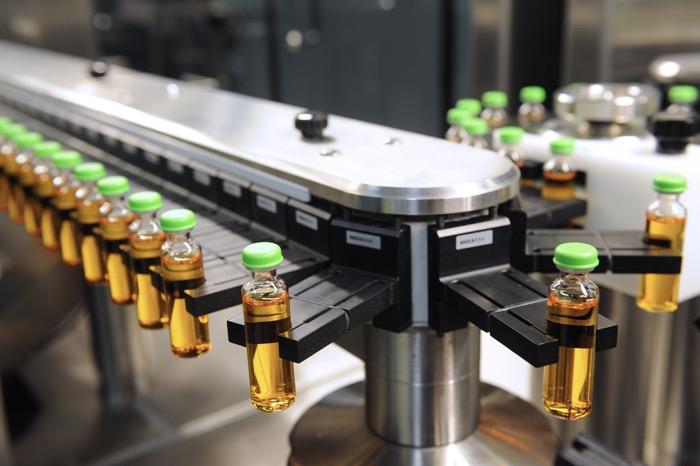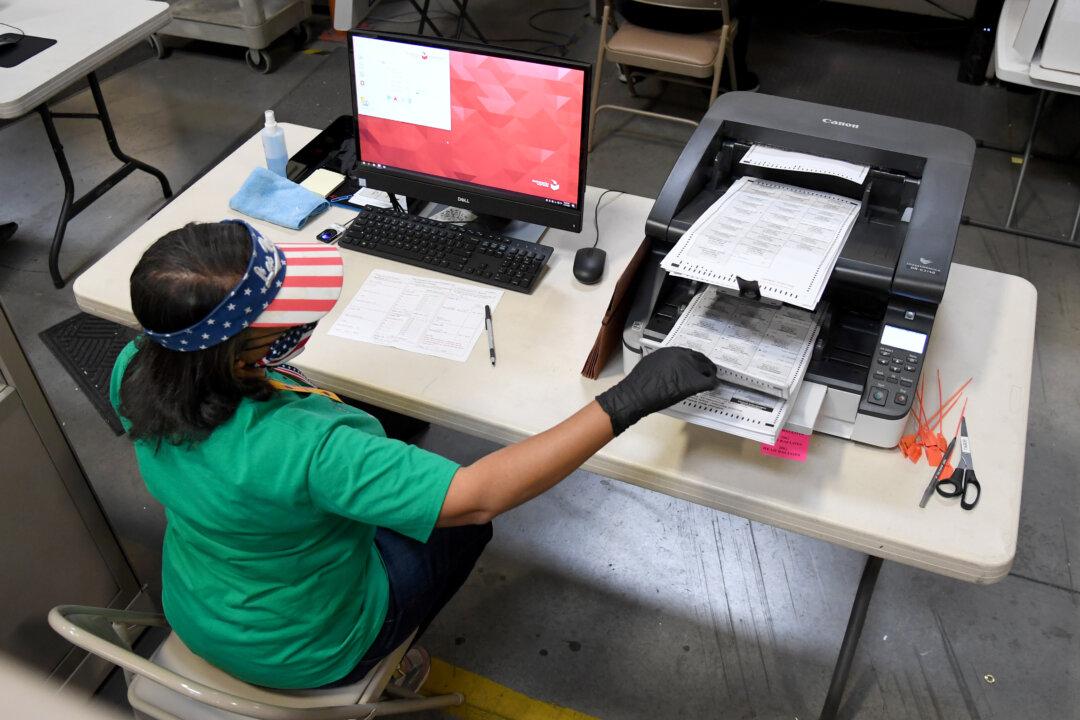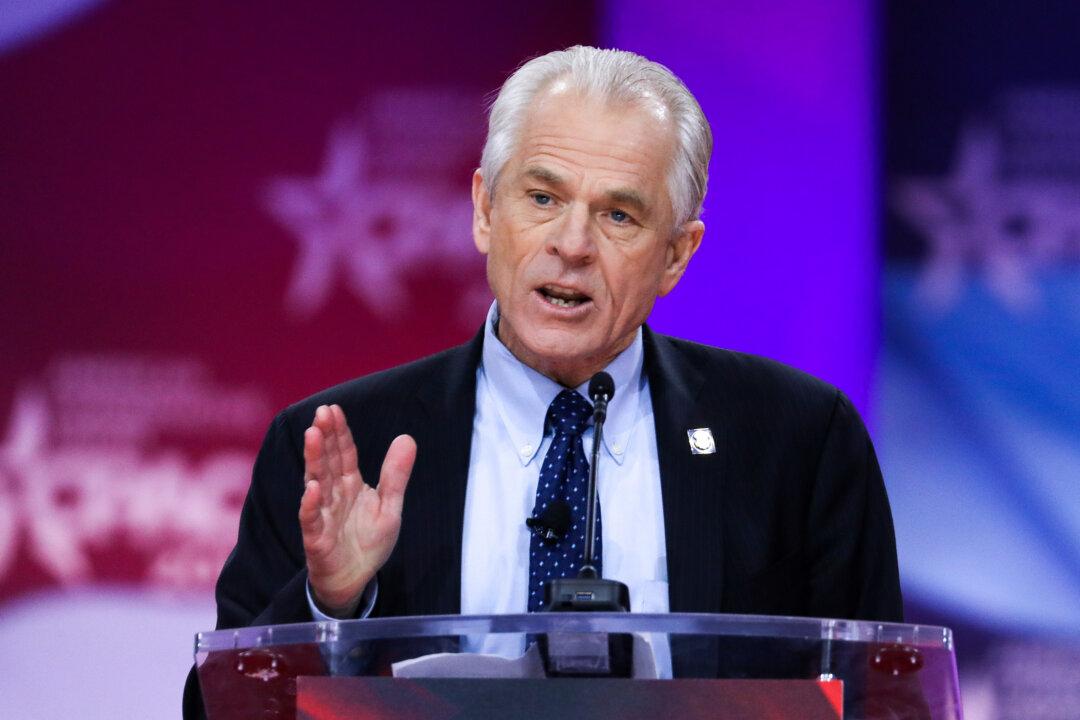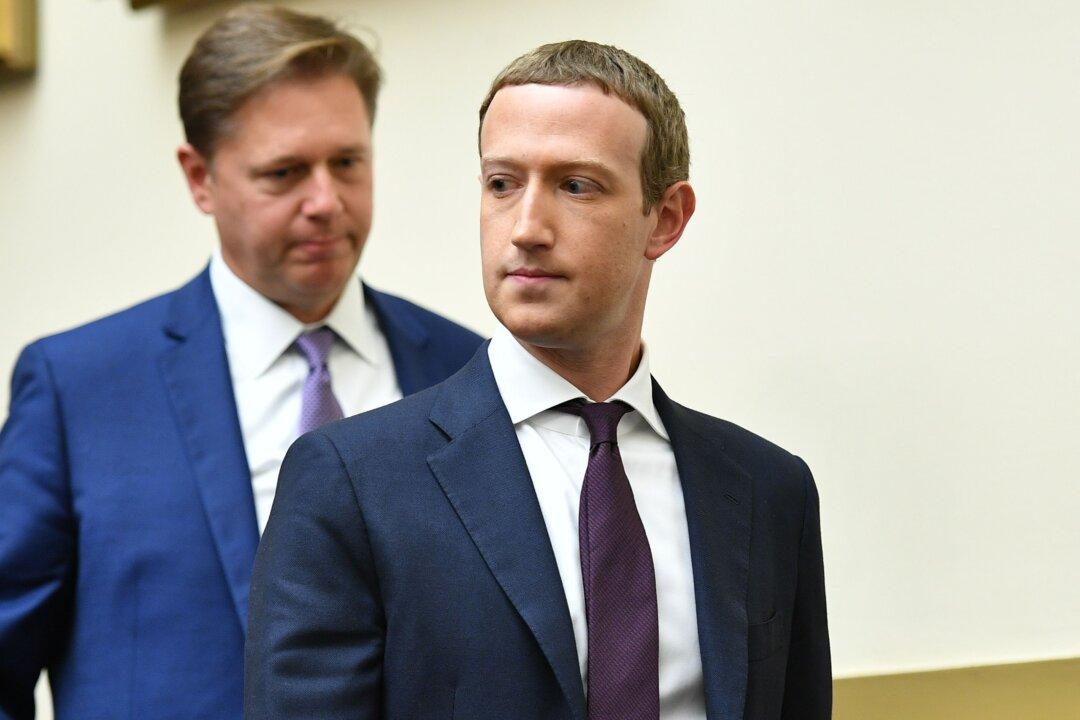A mother in Minnesota lost her son to Type-1 diabetes, a disease that damages the body’s ability to produce insulin—a chemical needed to get sugar from the blood. She said that he would still be here if the medication was reasonably priced.
At the age of 26, Alec Raeshawn Smith, the son of Nicole Smith-Holdt, was no longer covered by the family’s health insurance, leading to a monthly cost of $1,300 for insulin and other diabetic supplies, according to CBS News.





